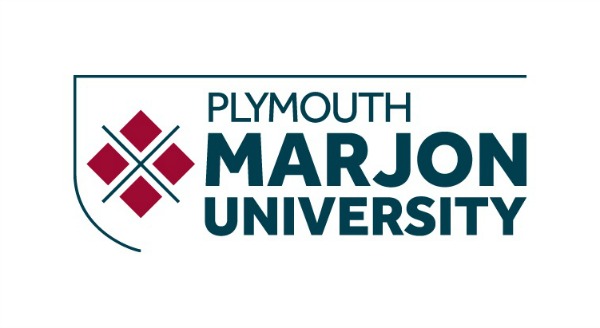Place Category: Education & Training
The University of St Mark & St John (Marjon) is different. You’ll find our warm and friendly atmosphere makes this a special place to study.
Academically, our University strives for excellence. Our National Student Survey results have awarded us 91% for Student Satisfaction in 2013. This places us in the top 10 of Higher Education institutions in England. In the Sunday Times University Guide, we were awarded 80% for Teaching Excellence in 2012.
As the most experienced teacher training provider in the South West, we have been successfully training teachers since 1840, receiving praise in our Ofsted inspections, including an “outstanding” for our secondary Management and Quality Assurance. We have excellent links with local schools and Marjon is both well known and well respected. With a £20 million investment into our campus and sports facilities, Marjon offers a small, safe and friendly campus with everything you need in one place. The campus investment has seen a new sports centre, refurbished student housing and a new entrance and student centre.
Our staff are passionate about their subjects and work hard to help students to fulfil their potential and succeed in their studies. They provide plenty of contact time in a supportive and friendly environment. We want to ensure that you are well prepared for employment when you graduate, so we make sure that you have all the transferable skills you need, along with practical experience in relevant employment fields. We supply an excellent careers service and the most recent government statistics show that over 90% of our graduates are either in employment or continuing in higher education 6 months after graduation.
Marjon has built a reputation for being ‘small and friendly’. With around 3500 students, our class sizes are small, which means tutors and fellow students will get to know you, but we are large enough to provide excellent facilities and social activities.
No Records Found
Sorry, no records were found. Please adjust your search criteria and try again.
Google Map Not Loaded
Sorry, unable to load Google Maps API.
Take a look around Marjon Business School where co-working spaces and fully-equipped meeting rooms are available to hire...
Posted by Plymouth Marjon University on Thursday, 24 January 2019






Leave a Reply
Want to join the discussion?Feel free to contribute!